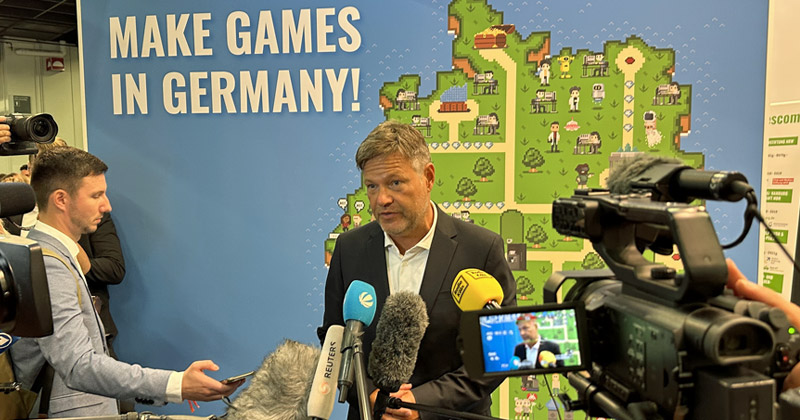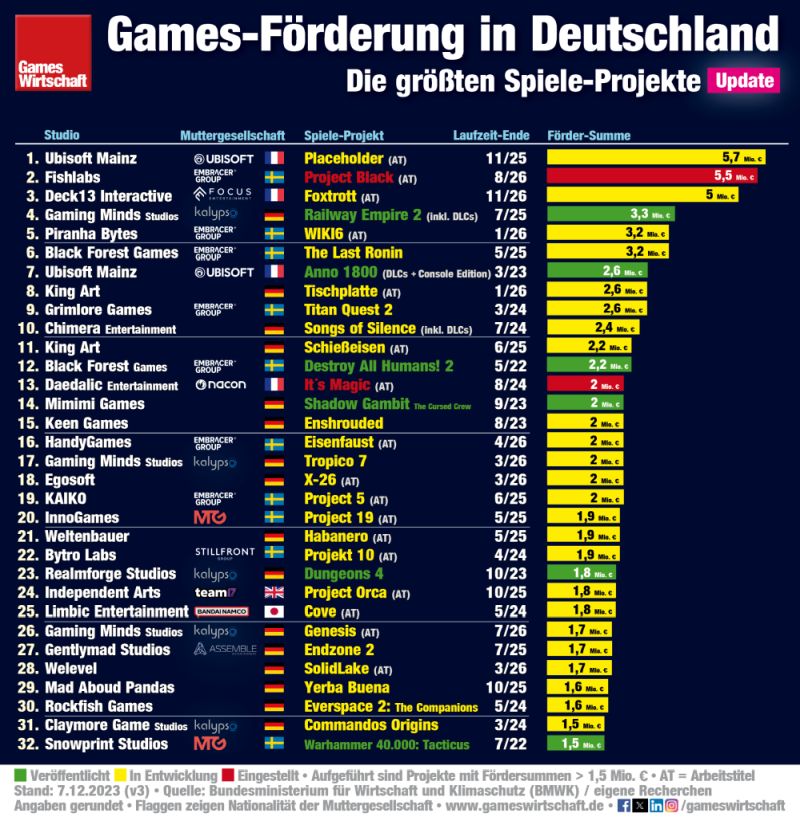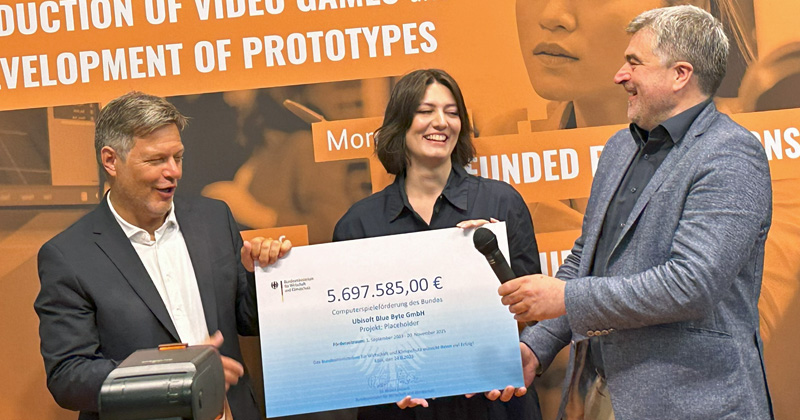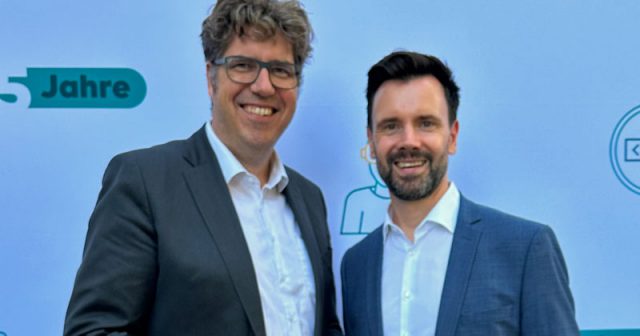Advertisement
The federal government wants to further develop games funding – the Ministry of Economic Affairs is now putting the first proposals on the table. And they have it all.
Everyone – politicians, associations, developers – agree on the goal: If Germany is to play a noticeable role in the international games industry, it needs serious and attractive location conditions.
This includes an economic ecosystem with internationally successful studios and products, from one-man/woman startups to medium-sized companies to corporations – and reliable, predictable subsidies at the level of comparable locations abroad in order to produce at competitive costs.

How complicated the situation is in practice and how much the devil is in the detailsbecame clear during a one-hour Twitch live stream this afternoon: Michael Kellner (Greens), once Habeck's election campaign manager and now Parliamentary State Secretary in the Federal Ministry of Economics (BMWK), outlined in a dialogue with association managing director Felix Falk how games funding is developing of the federal government should be further developed from 2025.
Advertisement
- Inconvenient truth number 1: Funding for new projects has been on hold since May 2023. Due to empty coffers, the acceptance stop will apply at least until the end of the year.
- Inconvenient truth number 2: All ideas and proposals put forward for the period from 2025 onwards – as sensible and necessary as they may be – are entirely dependent on the willingness of the traffic light parties to provide new funds as part of budget planning. Which, see point 1, was not the case recently. And what about the – original sound – “difficult and challenging” The budgetary situation will not be a sure-fire success.

Important: All conditions presented reflect the perspective of the ministry and are to be understood as a basis for discussion – nothing is set in stone yet (especially since the EU would also have to notify the subsidy package).
- The possible funding quotas, i.e. the proportional grants, should – unlike until 2023 – be based on the size of the company. Large companies can expect a maximum of 25 percent – small and medium-sized enterprises (SMEs) can expect a maximum of 50 percent. This is intended to avoid deadweight effects – a factor that both Finance Minister Christian Lindner (FDP) and Economics Minister Robert Habeck (Greens) have pointed out.
- There will also be bonuses for startups and SMEs – for example for new start-ups, economic exploitation in Germany, innovation content, accessibility and climate-friendly, i.e. CO2-neutral production.
- Companies do not have to repay federal subsidies – even if the game is commercially successful.
- Funding applications should continue to be processed in the order in which they are received. However, this 'first-come, first-served' approach, which obviously had no alternative, had recently resulted in the funds being used up prematurely and without warning on several occasions. A 'funding radar' and submission deadlines during the year are intended to create more transparency and fairness.

Kellner saved the actual hammering for the second half of the debate:
- Eligible projects must be: Minimum budget of €400,000 exhibit. This high hurdle would be impossible for most indie studios to overcome.
- The federal government wants to consciously focus on this Settlement and recruitment of large studios and projects focus – and thus differentiate themselves from the existing programs of the states. The catch: Not all federal states have dedicated, substantial funding programs. Even economically strong locations such as Hesse, Baden-Württemberg and Rhineland-Palatinate remain far behind the top trio of North Rhine-Westphalia, Berlin/Brandenburg and Bavaria with their budgets.
- It's getting 'better': because in the future it should Accumulation – i.e. the combination – of federal and state funding will no longer be possible. Kellner justifies the requirement with this “bureaucratic nightmare”which supposedly goes hand in hand with it.
After all: The Ministry of Economic Affairs remains committed to introducing a tax credit system – i.e. tax discounts, which are currently common in Canada and some European countries. However, Kellner admits that, firstly “thick boards” have to be drilled and that it is secondly a “Instrument for the 'big ones'” acts. If you want to get some of your investments back through your tax return after a few years, you inevitably have to have the necessary change for pre-financing.
Preliminary conclusion: The federal government is obviously pursuing a similar plan for the local games industry as for German film – namely the goal of enabling larger productions in the medium and long term and bringing them into the country, including blockbusters in the AAA league.
Small and medium-sized businesses would fall under the wheels, who already lack the funds for prototypes and pre-production and who have been hoping for a resumption of the funding program since May 2023. The fact that the federal states should close the gap that the Ministry of Economic Affairs is opening up with surprisingly high hurdles should cause medium-sized enthusiasm in Munich, Düsseldorf, Dresden and Wiesbaden.
The question of what budget is needed to implement the BMWK simulation games also remains open – and whether there are majorities for this in political Berlin in light of the budget situation. There is still no information available about the €100 million package that Federal Cultural Commissioner Claudia Roth (Greens) is to invest in the games industry from 2024.
Kellner will also take part in the German Computer Game Awards ceremony tomorrow, Thursday in Munich, where he will present the main prize for the 'Best German Game'. His house – the Ministry of Economic Affairs – is one of the co-organizers and contributes the prize money of €800,000.
